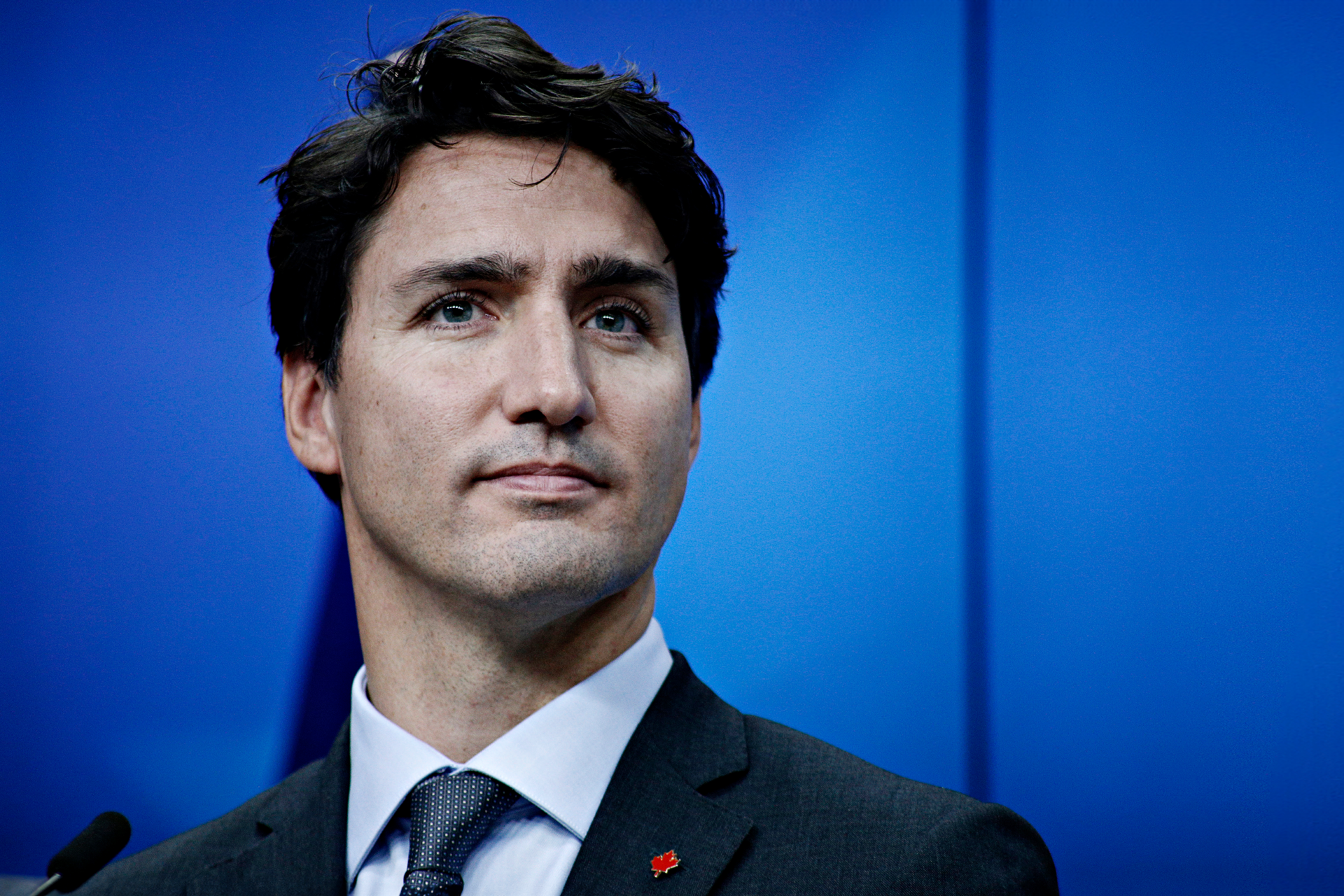- CEOCap
- Jaime Watt’s Debut Bestseller ‘What I Wish I Said’
- Media Training
- The Push Back
- Internship program
- Update Your Profile
- Homepage
- It’s time for a change
- It’s time for a change
- Kio
- Ottawa
- Art at Navigator
- Navigator Limited Ontario Accessibility Policy
- Virtual Retreat 2020 Closing Remarks
- COVID-19 Resources
- Offices
- Navigator Sight: COVID-19 Monitor
- Navigator Sight: COVID-19 Monitor – Archive
- Privacy Policy
- Research Privacy Policy
- Canadian Centre for the Purpose of the Corporation
- Chairman’s desk
- ELXN44
- Media
- Perspectives
- Podcasts
- Subscribe
- Crisis
- Reputation
- Government relations
- Public affairs campaigns
- Capital markets
- Discover
- studio
- How we win
- What we believe
- Who we are
- Careers
- Newsroom
- AI
- Empower by Navigator
- Environmental responsibility

After months of intrigue, missteps, and speculation, Justin Trudeau has finally confirmed that his near decade as prime minister will come to an end. While the headlines and punditry have understandably focused on the next steps for the Liberal Party of Canada and implications on tariff threats south of the border, the lasting impact of his tenure in office warrants reflection. As we approach the end of an era, two of our colleagues sat down to take stock of Trudeau’s legacy: what he’s accomplished, where he’s fallen short, and how Canadians will ultimately remember him.
Trudeau will be remembered as the global benchmark for progressive leadership
Over the last nine years, Prime Minister Justin Trudeau cemented a legacy as a transformational force in Canadian politics, and as a flag-bearer of progressive politics around the globe.
His 2015 victory ushered in a new era for young progressive leaders determined to act on climate change, gender equality and support for the middle class. While there were many like him to follow, including the likes of Jacinda Ardern (New Zealand), Volodymyr Zelenskyy (Ukraine) and Emmanuel Macron (France), Trudeau served as an early benchmark for progressives around the world.
Trudeau has gone on to transform Canada’s social safety net, significantly expanding the supports available to lower-income families. These include the Canada Child Benefit, the Canada Workers Benefit, $10-a-day child care, the expansion of CPP, and a starting point for pharmacare and dental care, just to name a few.
While critics take issue with the costs of these programs, their impact has been considerable, with poverty rates, including child and senior poverty, declining significantly during Trudeau’s tenure. Though some programs remain incomplete, there is no doubt a future government will be hard-pressed to reverse all or even some of these policies.
Lastly, Trudeau has faced more than his fair share of national crises, serving as a statesman through the first Donald Trump presidency, the COVID-19 pandemic, the renegotiation of NAFTA, and increasing global turmoil.
History has often looked kindly on leaders for their actions in times of crises, even if they were deeply unpopular when leaving office. Leaders like Winston Churchill, Brian Mulroney and even Pierre Elliott Trudeau all built lasting legacies despite their low popularity at the time.
When Justin Trudeau moves on from the role, he too won’t be remembered for the temporary political pressures he faced, but for the way he represented us when we most needed leadership.
Matthew Barnes is a Principal at Navigator, and a proud Liberal.
Trudeau will be remembered as the politician who took Canadians from haves to have-nots
Prime Minister Justin Trudeau may want to be remembered as a template for progressive leadership, but he is more likely to be remembered as the leader who killed Canadians’ belief in progressive politics.
After positioning himself as a new kind of leader, with the self-aggrandizing claim that he was building not just a political party but a political movement, Canadians are left with higher costs, rising crime rates and worsening government finances.
A few examples: The Consumer Price Index in Canada has increased approximately 27.4 per cent from 2015, when Trudeau came to power. Our low-growth, low-productivity economy is leaving Canadians behind, with the average American worker out-earning their Canadian counterpart by $20,000 annually. Violent crime has surged by 50 per cent, with gun violence spiking a staggering 116 per cent over the past nine years.
When Trudeau assumed office in 2015, Canada’s federal debt stood at around $616 billion, a sum accumulated over nearly 150 years under two dozen prime ministers. Today that debt has skyrocketed to $1.232 trillion, doubling in less than a decade and representing an unprecedented level of fiscal mismanagement. This is more than just a figure; it represents a crushing financial weight on future generations, with severe implications for our public services. For the first time in a generation, Canada now spends more on interest payments than on health care, diverting vital funds away from services we rely on.
As the second Trudeau era finally comes to an end, it isn’t a sign of Canadians going backwards, but a clear rebuke of his governing philosophy, which made life more expensive, our economy less dynamic, and our streets less safe. It’s the next generation of leadership that will be left to pick up the pieces.
Kyle Jacobs is an Associate Principal at Navigator, and a proud Conservative.



